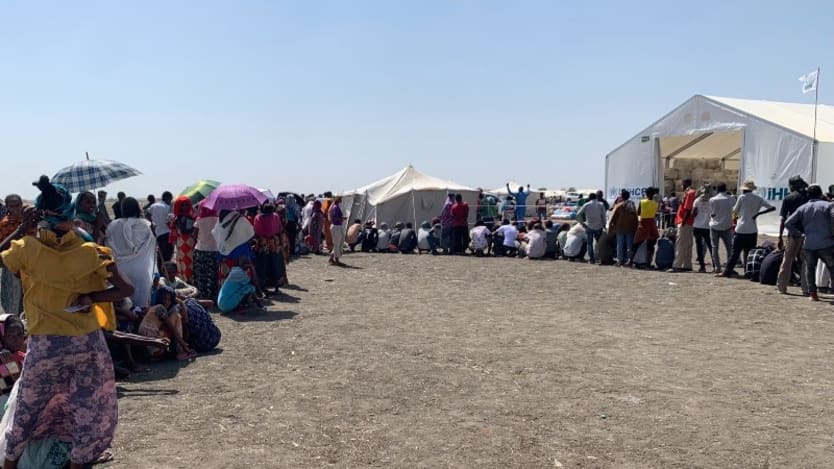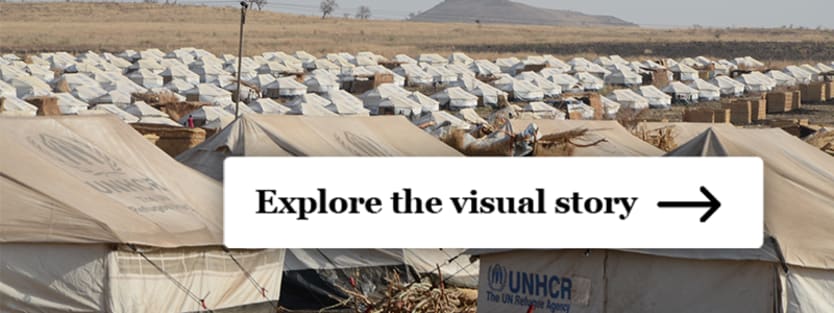
UM RAKUBA CAMP, Sudan — In many ways, women and girls are paying a disproportionately high price for the ongoing conflict in Ethiopia’s northern region of Tigray — both those still trapped inside the country and those who’ve fled.
More than 60,000 people have crossed the border into eastern Sudan since the conflict began in November. Many women and girls have arrived alone, separated from family members during the chaos in Ethiopia.
The United Nations has raised the alarm over allegations of high levels of sexual violence in Tigray. Some of the women and teenage girls crossing into Sudan are pregnant as a result of sexual assault. Accessing abortions in Sudan is more difficult than it is in Ethiopia and women and girls have been denied the procedure at health facilities, forcing them to resort to unsafe abortions in the refugee camps.
In addition to sexual trauma, women and girls also witnessed loved ones and friends killed, and tortured, creating a high need for psychosocial support.
Many are still wearing the clothing that they wore when they fled Ethiopia — months later. They have trouble accessing adequate services in the resource-stretched refugee camps and have no source of income. Some have turned to sex work.
Keep reading: Join Devex on the ground as we visit the camps in eastern Sudan to document how survivors are coping with unwanted pregnancies and widespread trauma.

